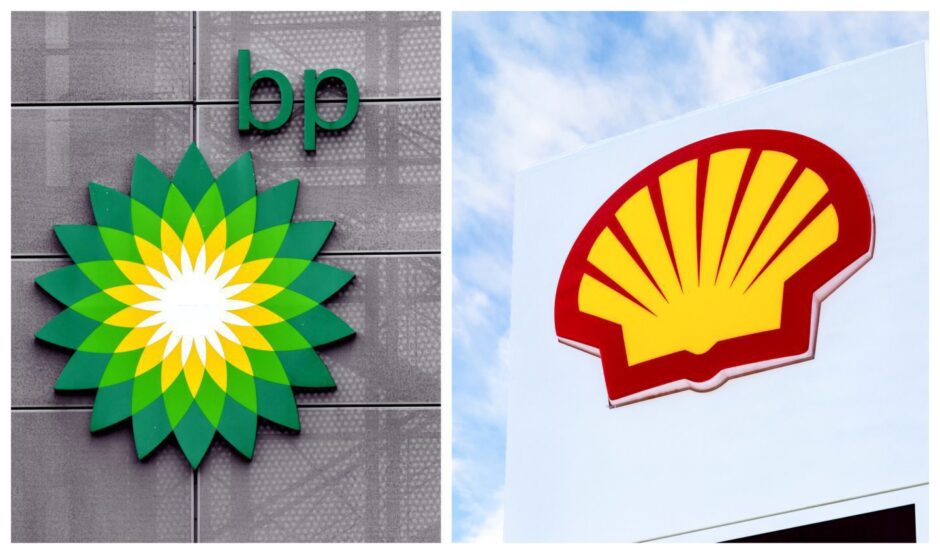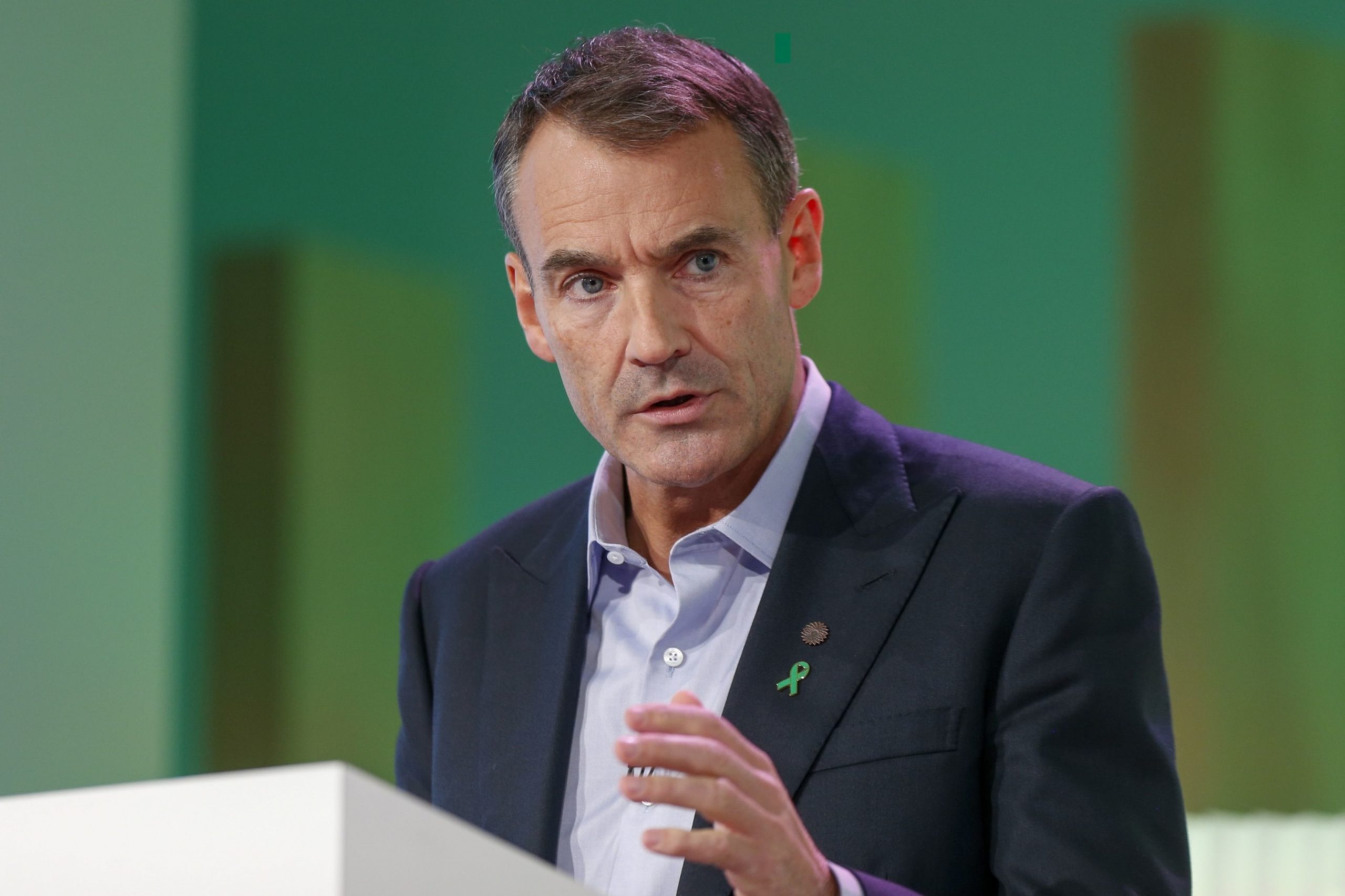
Despite mounting pressures to clean up its act, Big Oil is in reality showing little sign of doing so with genuine commitment and, if anything, is regressing by returning to its core business of finding and producing oil, gas and condensate.
On February 1 the super-major Shell posted a year-on-year drop in its global renewable energy pipeline, from 51.3GW to 46.8GW of clean generating capacity for 2023 after chief executive Wael Sawan set about slowing and cutting investment in low-carbon this and that.
The revelation came on the back of results that confirmed a 29% year-on-year drop in profits in 2023 to $28 billion, compared with record annual profits of almost $40 billion in 2022, thanks in large part to the global spike in gas prices.
But, while Sawan set about strangling low carbon investment, he chose to drive forward with plans to boost shareholder dividends by 15% per share by 2030 and jacked up Shell’s multi-billion dollar share buyback programme the current year.
Naturally, this will have probably pleased the majority of its shareholders; I suspect that many of those claiming an environmental conscience are probably also happier than they would care to admit as money always talks.
In 2023, Shell poured more money into oil and gas exploitation, and swung the axe at its low-carbon solutions division in October, chopping 200 jobs.
Shell’s annual results show that investment in “renewables and energy solutions” fell from $3.5 billion in 2022 to just $2.7 billion last year.
So, last year it spent just 11.7% of its total capital expenditure (capex) on renewables compared with 15.3% in 2022.
This year’s budget was expected to be $4-5 billion, but we will have to wait until the 2024 Q4 and full-year results are published on January 30.
BP is playing much the same game. On October 7, Reuters revealed that the company, once called “Beyond Petroleum” in the John Browne era, had abandoned a target to cut oil and gas output by 2030, with CEO Murray Auchincloss (confirmed as BP’s top boss in January this year) deciding to scale back the energy major’s energy transition strategy to regain investor confidence.
When unveiled in 2020, BP’s now demolished strategy was claimed to be the sector’s most ambitious with a pledge to cut hydrocarbon output by 40% while rapidly growing renewables by 2030.
BP scaled back the target in February last year to a 25% reduction, which would leave it producing 2 million barrels per day at the end of the decade, as investors focused on near-term returns rather than the energy transition.
I expect to be betrayed by BP, Shell, and all of the American Big Oil Brigade and state-owned petroleum producers worldwide. Outright lied to in fact.
But not Equinor, which, as many of you will recall, is the former Statoil but which changed its name to reflect the commitment to switch away from high- to low-carbon energy investment and production.
This parastatal (partially state-owned corporate) has in many ways been something of a beacon in the dark, progressive and a leader in the advancement of and investment in low-carbon systems and infrastructure, especially in the North Sea.
Moreover, Equinor has until now appeared to be relatively consistent in its approach to swinging the investment pendulum away from high- to low-carbon energy.
And then, suddenly, the decision is made to cut back on the low-carbon commitment, or at least the renewables division.
It emerged in August that the company is stepping away from offshore wind investment in Portugal and Spain, for example.
Vietnam has been dumped too and head of renewables Pål Eitrheim told Reuters that Equinor may very well exit other markets.
It has admitted too that it plans to reduce its investments in renewable energy until 2030; this is despite its decision to buy a 9.8% stake in Ørsted for $2.5 billion. That was in October.
The company stated that the acquisition would add to its renewable portfolio, allowing it to move one step closer to achieving its target of installing a renewable-based power generation capacity of 12-16GW by 2030.
Well, I hope that my current suspicions about Equinor are unfounded and that we in Europe really can trust the company’s leaders to exercise good judgement. Especially since none of the others can be trusted, in my opinion.
It’s been a while since I last received a thorough briefing here in Aberdeen from Equinor. You know where I am; get in touch. Likewise BP and Shell, if you dare.
Meanwhile, humankind are going to hell in a handcart. That is becoming clearer by the day. COP29 represents yet another profound failure and, of course, World War III threatens. Time is running out.
What a year 2024 has been.
Recommended for you
